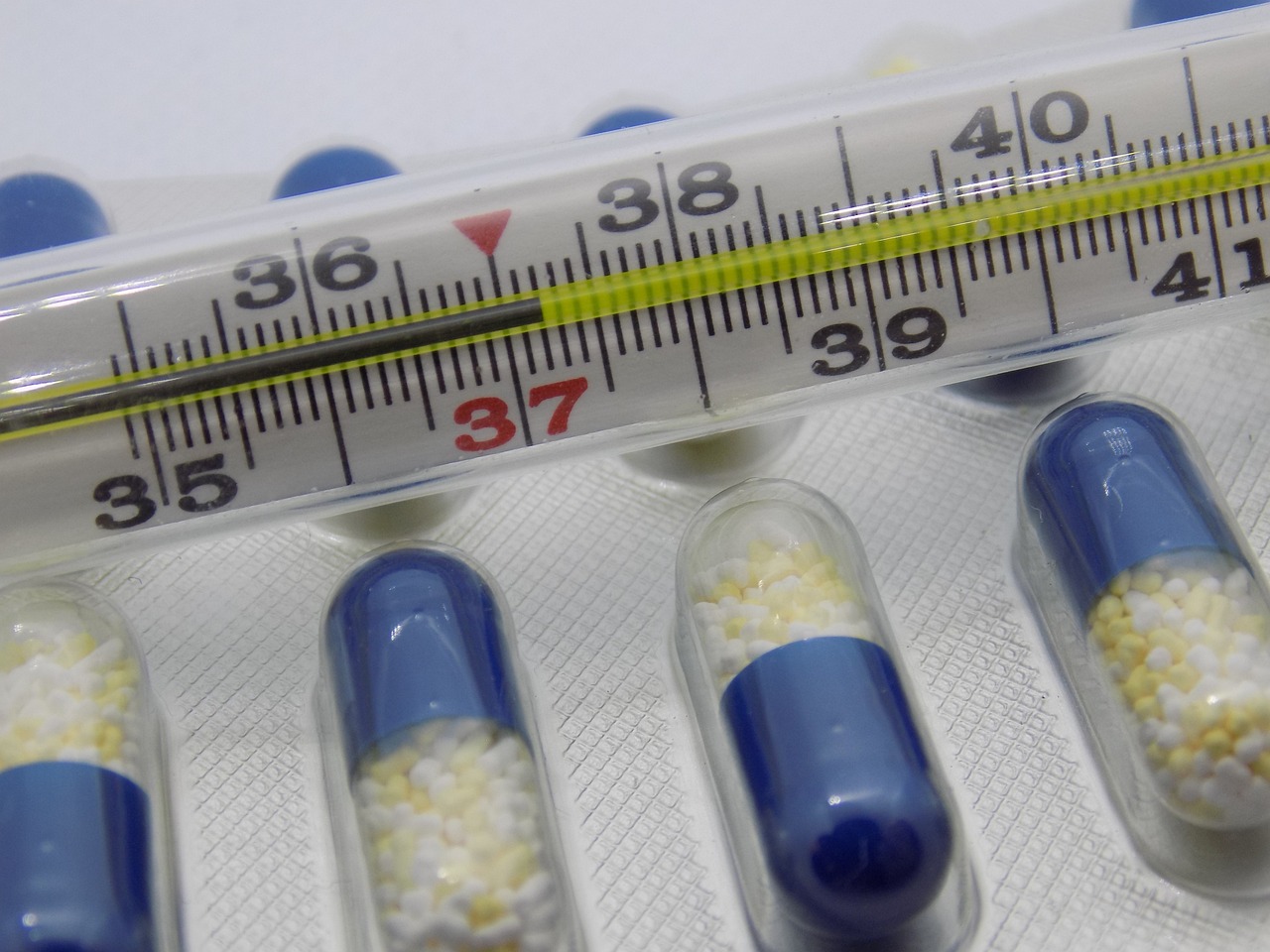Why Should Men Over 40 Care About Prostate Health?
The prostate gland plays a vital role in male health, yet it often goes unnoticed until issues arise. For men over 40, this small gland can become a growing concern—literally. The first significant growth phase of the prostate occurs during puberty, but a second wave begins after age 40. This growth can lead to changes in bladder function, disrupting daily life. According to the Centers for Disease Control and Prevention (CDC), 8% of men aged 31 to 40 experience prostate-related issues, a figure that rises to 50% for those between 51 and 60 and to 80% for men over 80. Proactively addressing prostate health can help men remain active and enjoy a high quality of life in their senior years.
Should All Men Be Concerned About Prostate Health?
Yes, all men should take their prostate health seriously. Certain factors increase the risk of prostate-related issues, including age, weight, ethnicity, family history, diet, and activity levels. Men over 40, those who are overweight, African American men, and men with a family history of prostate concerns should pay closer attention to their prostate health. Additionally, a Western diet high in red meat and saturated fats but low in fiber and vegetables, along with a sedentary lifestyle, can exacerbate risks. Being aware of these factors allows men to take targeted actions to maintain their health.
What Proactive Measures Support Prostate Health?
Several lifestyle changes and strategies can promote prostate health:
Dietary modifications are crucial. A balanced diet rich in fruits, vegetables, and fiber (30 to 35 grams daily) is essential. Reducing the intake of fried foods and red meat can also contribute to better health. Maintaining a healthy weight is equally important. Obesity is linked to various chronic conditions, including prostate issues. Regular exercise supports circulation, tones muscles, and ensures proper oxygenation and nutrient delivery to all organs. Routine medical checkups are vital for early detection and management of prostate problems.
What Is Beta Sitosterol, and How Does It Help?
Beta sitosterol, a phytosterol derived from plants, has gained attention for its role in supporting prostate health. Traditionally, plants like saw palmetto and pumpkin seeds were used for male health, particularly for bladder function and prostate ailments. Scientific studies over the past 50 years have validated beta sitosterol's effectiveness in maintaining prostate health. Research shows it helps improve urinary flow and reduce discomfort associated with an aging prostate. In Europe, beta sitosterol has been a standard treatment for prostate issues for two decades, and its popularity is growing in the United States. Alongside beta sitosterol, nutrients like vitamin D, zinc, and selenium play crucial roles in prostate health.
Supplements like Super Beta Prostate provide a comprehensive solution by combining these nutrients. With 250 mg of beta sitosterol and 350 mg of mixed phytosterols, along with essential vitamins and minerals, Super Beta Prostate offers targeted nutritional support for maintaining a healthy prostate. Proactively incorporating such supplements into your routine can help ensure a healthier and more active life as you age.
This article is editorial in nature and does not constitute medical advice. Always consult a physician for any health-related concerns, whether psychological or physical.













